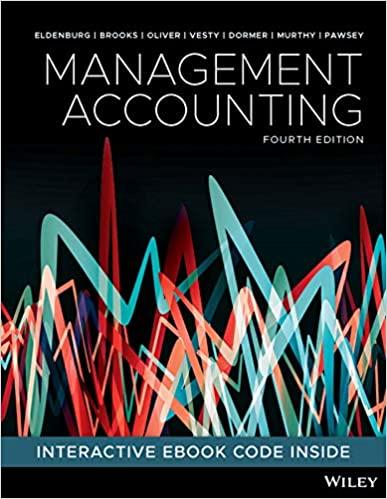Answered step by step
Verified Expert Solution
Question
1 Approved Answer
When the markets are very competitive, productive resources (including labor, capital, entrepreneurship, land) tend to be compensated at a level quite a bit higher than
When the markets are very competitive, productive resources (including labor, capital, entrepreneurship, land) tend to be compensated at a level quite a bit higher than their opportunity cost. Discuss?
Step by Step Solution
★★★★★
3.51 Rating (154 Votes )
There are 3 Steps involved in it
Step: 1
This statement is theoretically incorrect in a perfectly competitive market where the remuneration for resources including labor capital entrepreneurship and land tends to equal to their opportunity cost not higher Heres why 1 Labor In a competitive market wages for labor are determined by the intersection point of the supply and demand curves for labor The wage rate is essentially the opportunity cost of labor if a worker didnt offer their services in this job they could earn the same wage rate in a different job elsewhere in a perfectly competitive market 2 Capital The rent or interest on capital is also its opportunity cost If the return on capital in one industry is higher than elsewhere the capital will flow from less profitable to more profitable industries until the return equals the opportunity cost in a perfectly competitive market 3 Entrepreneurship In competitive markets an entrepreneurs ...
Get Instant Access to Expert-Tailored Solutions
See step-by-step solutions with expert insights and AI powered tools for academic success
Step: 2

Step: 3

Ace Your Homework with AI
Get the answers you need in no time with our AI-driven, step-by-step assistance
Get Started


